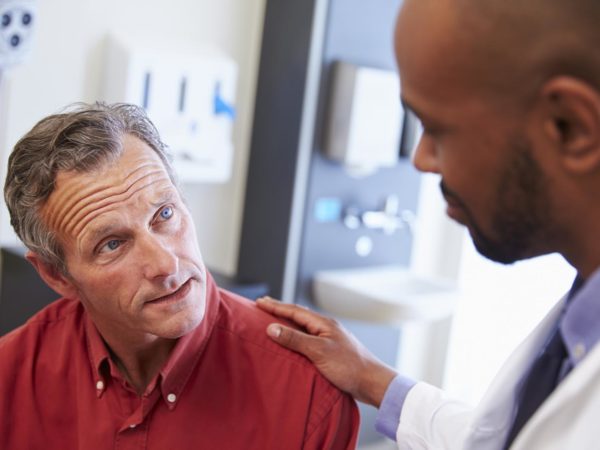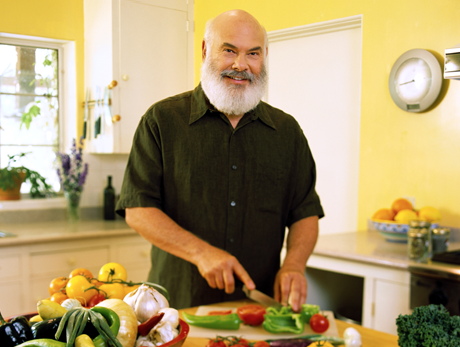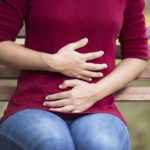7 Common Signs Of Cancer

When it comes to diagnosing a health concern, paying attention to your body can be just as important as getting regular check-ups and screenings – especially when it comes to cancer. Use this information to better understand the symptoms of some types of cancer (some of which are applicable to both men and women):
- Men with Difficulty Urinating. Along with changes in urine flow (such as difficulties in starting and stopping, or weak flow), this is a sign of prostate cancer. Pain during urination can also be a symptom of benign prostatic hypertrophy (BPH), which is not cancer – see a doctor to determine what the root of the issue is and how to best address it.
- Unexplained Stomach Aches. People who have had colon, pancreatic and liver cancers have described stomachaches and pains as a common, early symptom. Request an evaluation if you have a persistent stomachache that you can’t attribute to a previously diagnosed and benign digestive problem.
- Unexplained Weight Loss. An early sign of colon and other digestive cancers, weight loss that is not attributed to exercise or diet should be addressed with your physician.
- Shortness of Breath. Along with wheezing, this is a classic symptom of lung cancer. It’s also a classic symptom associated with asthma, heart failure and chronic obstructive pulmonary disease (COPD). Consider a prompt evaluation, especially if you have a history of cigarette smoke exposure.
- Swollen Lymph Nodes Or Lumps. If found in the neck, underarm and groin areas, these lumps and enlargements may signal various cancers. Swelling during and shortly after acute infections is expected, concern should arise when they remain swollen for several weeks or there is no infection.
- Bloody Stools. Any blood found in the toilet, whether in the stool, water or on the toilet paper, should be addressed with your physician, as it can be a symptom of colorectal cancer (as well as hemorrhoids). Most of the time, a small amount of bright red blood is benign. Despite that, it always makes sense to get it checked, and if you are over 50 it is a good reason to make sure you are adequately screened for colon cancer.
- Frequent Heartburn. Along with a feeling of pain in the chest after eating, frequent heartburn may be a symptom of GERD (gastroesophageal reflux disease), which in some instances can lead to esophageal cancer if left untreated.
Today’s Health Topics
Editor's Pick
Health Focus
Ask Dr. Weil's Q&A
| sponsor | ||
 |
||
|
||
|











